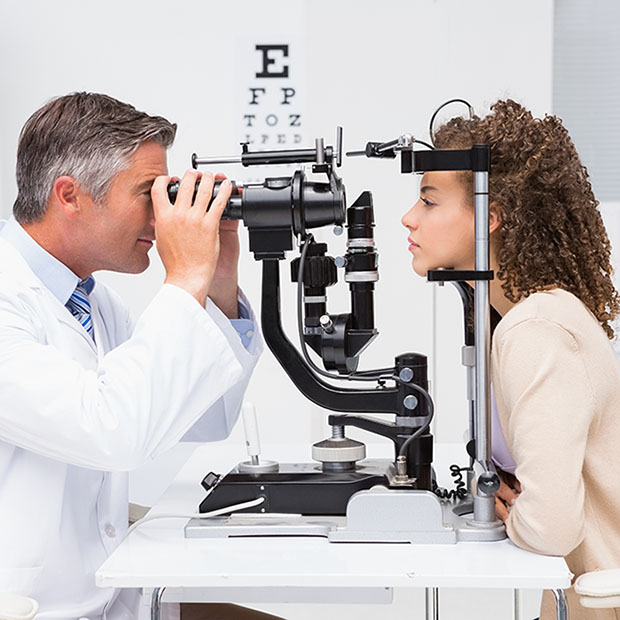
Your eyes work hard every day, processing massive amounts of visual information.
They do this nonstop, while you read, drive, work on computers, and navigate the world around you. Yet many people put off regular eye exams until something feels wrong. The truth is, waiting until you notice problems might mean you're already overdue for that important visit to your eye doctor.Understanding Eye Exam Frequency
Most eye care professionals recommend comprehensive eye exams every one to two years for healthy adults. However, your individual needs may vary based on several factors. Adults between 18 and 39 with no risk factors typically need exams every two years. Those between 40 and 54 should consider annual exams, as this is when age-related vision changes often begin. Adults 55 and older should definitely schedule yearly comprehensive eye exams.Risk Factors That Require More Frequent Visits
Certain conditions and lifestyle factors mean you need more frequent eye care. If you have diabetes, high blood pressure, or a family history of glaucoma or macular degeneration, annual exams become crucial. People who wear contact lenses should see their eye doctor yearly to ensure proper fit and eye health. Those who work extensively with computers or in environments with eye hazards may also need more frequent checkups.Warning Signs You're Overdue
Several symptoms suggest you should schedule an appointment immediately, regardless of when your last exam occurred. Sudden vision changes, persistent eye pain, frequent headaches, difficulty seeing at night, or seeing halos around lights all warrant prompt attention. Increased sensitivity to light, double vision, or the appearance of new floaters or flashes should never be ignored.
Even subtle changes matter. If you find yourself squinting more often, holding reading material at arm's length, or experiencing eye fatigue after normal activities, these could indicate developing vision problems that require professional evaluation.
The Hidden Benefits of Regular Eye Exams
Comprehensive eye exams do more than update your prescription. They serve as important health screenings that can detect serious conditions before symptoms appear. Glaucoma, often called the "silent thief of sight," typically shows no early warning signs. Diabetic retinopathy, macular degeneration, and even certain brain tumors can be detected during routine eye examinations.
Your eye doctor can also spot signs of high blood pressure, diabetes, and autoimmune diseases through careful examination of your eyes. This makes regular eye care an essential part of your overall health maintenance routine.
Don't Wait for Problems
Many people assume that if they can see clearly, their eyes are healthy. This misconception leads to delayed care and potentially preventable vision loss. Eye diseases often develop gradually, and by the time symptoms appear, significant damage may have already occurred.
If you can't remember your last comprehensive eye exam, or if it's been more than two years since your last visit, you're likely overdue. Contact your eye care provider today to schedule an appointment. Your future vision depends on the preventive care you provide today.










